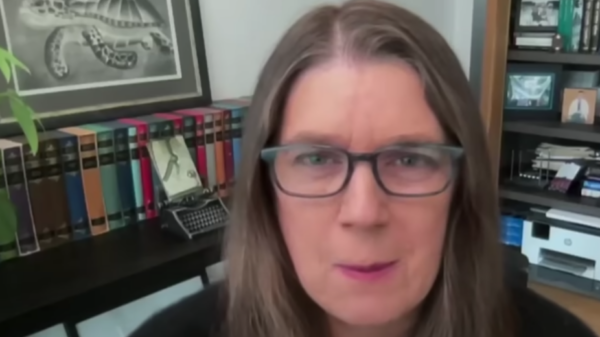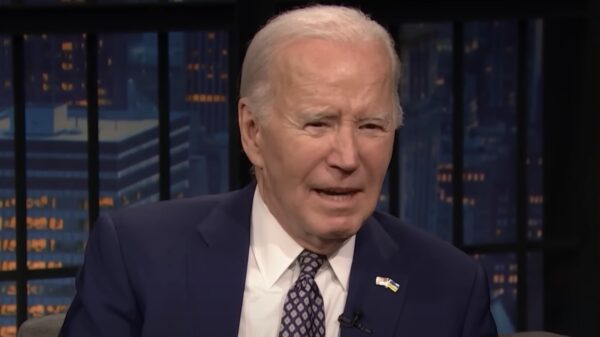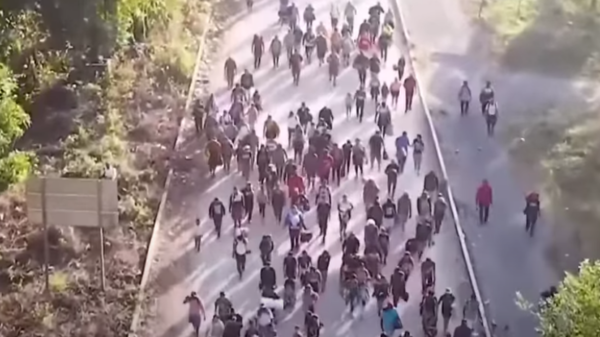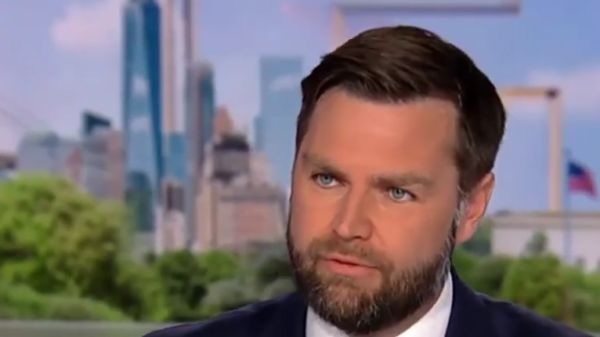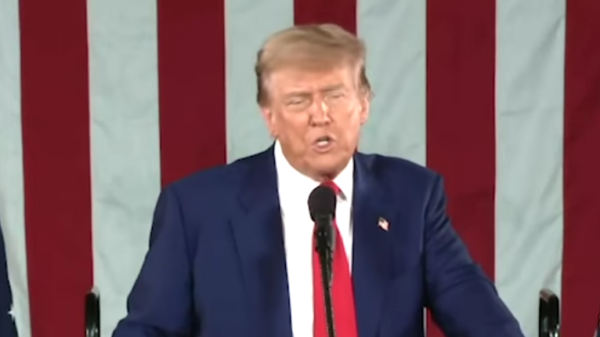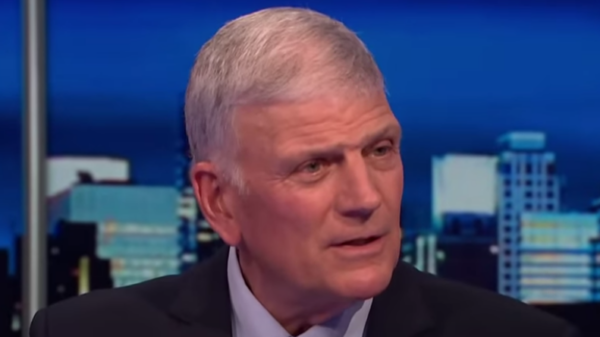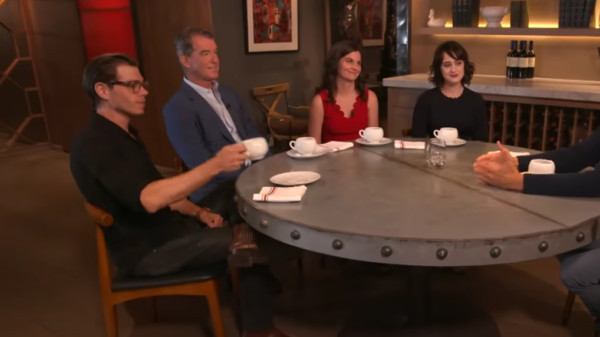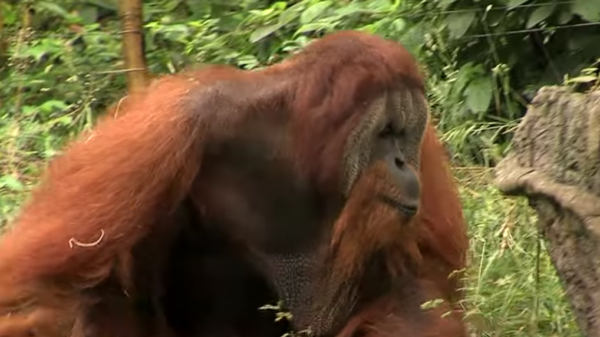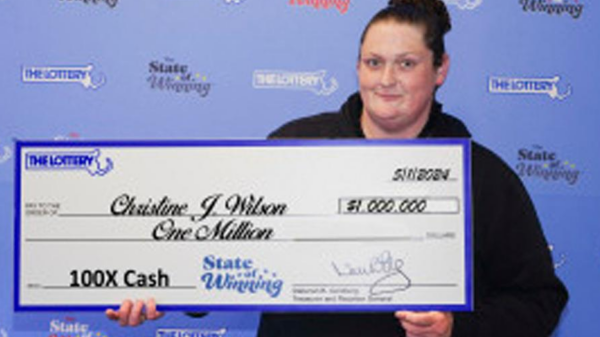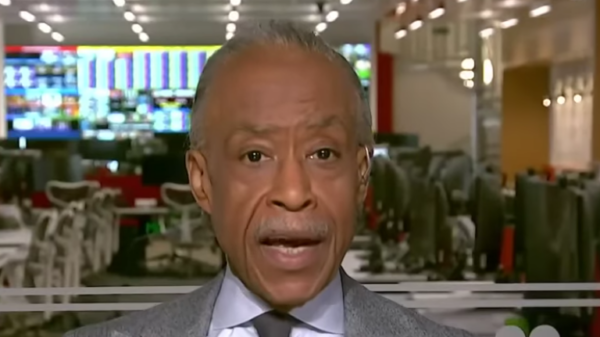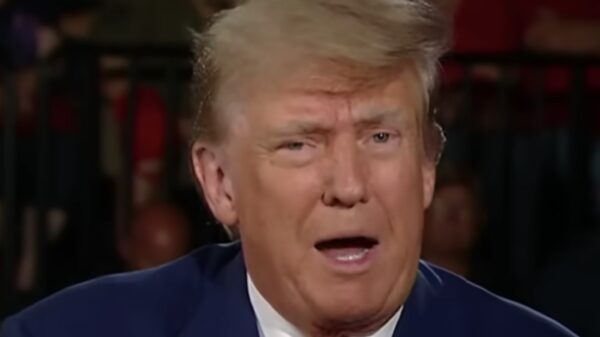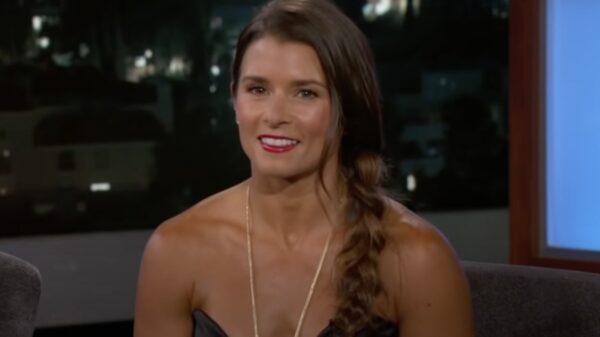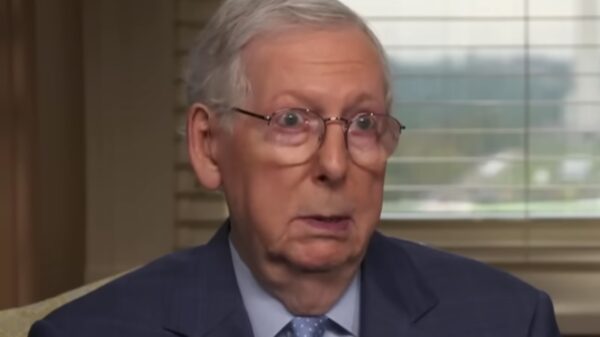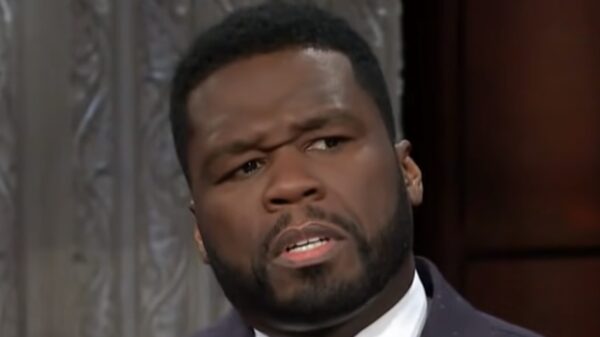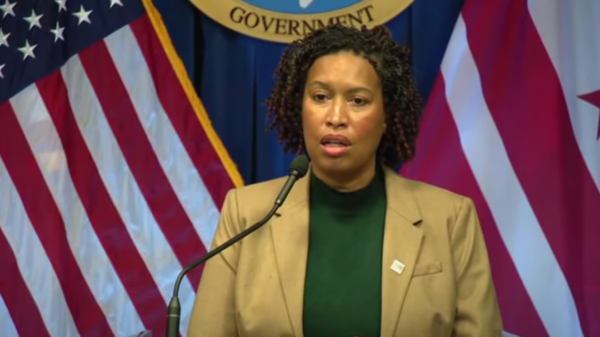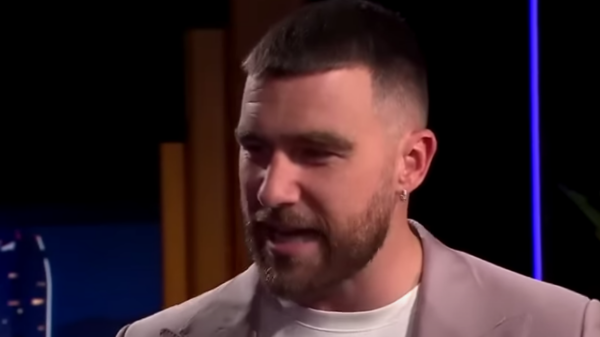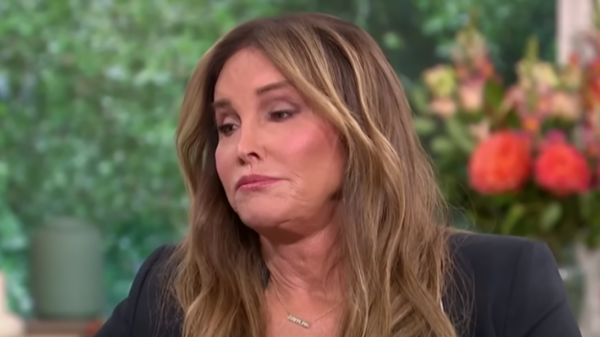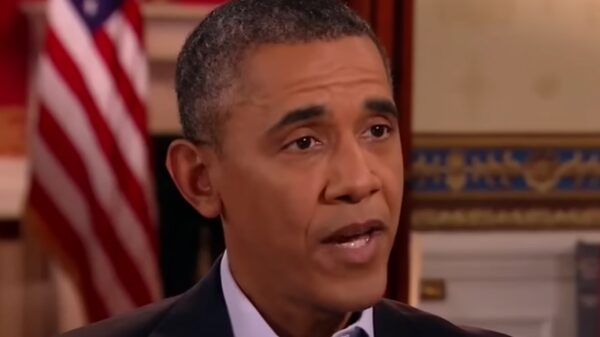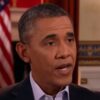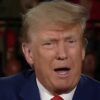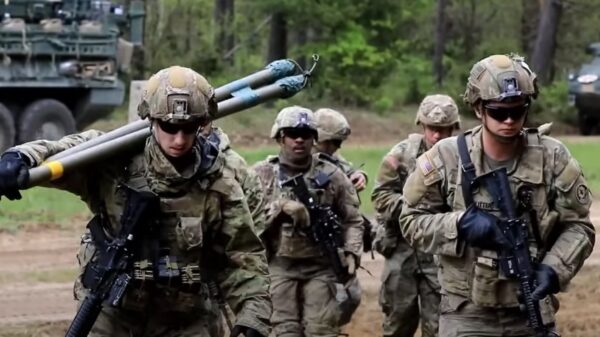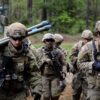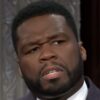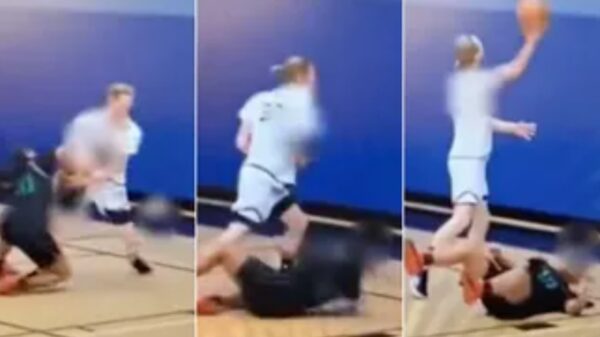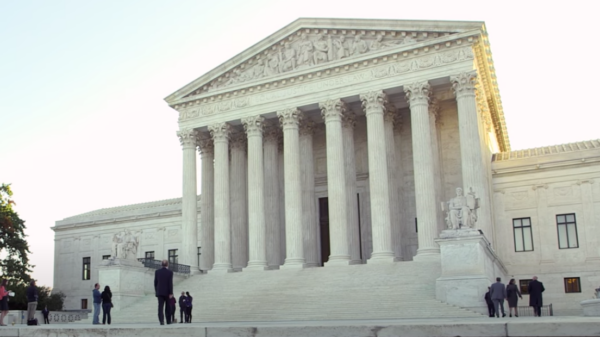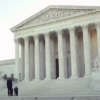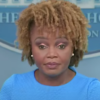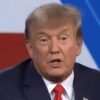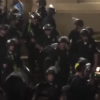Presidential immunity
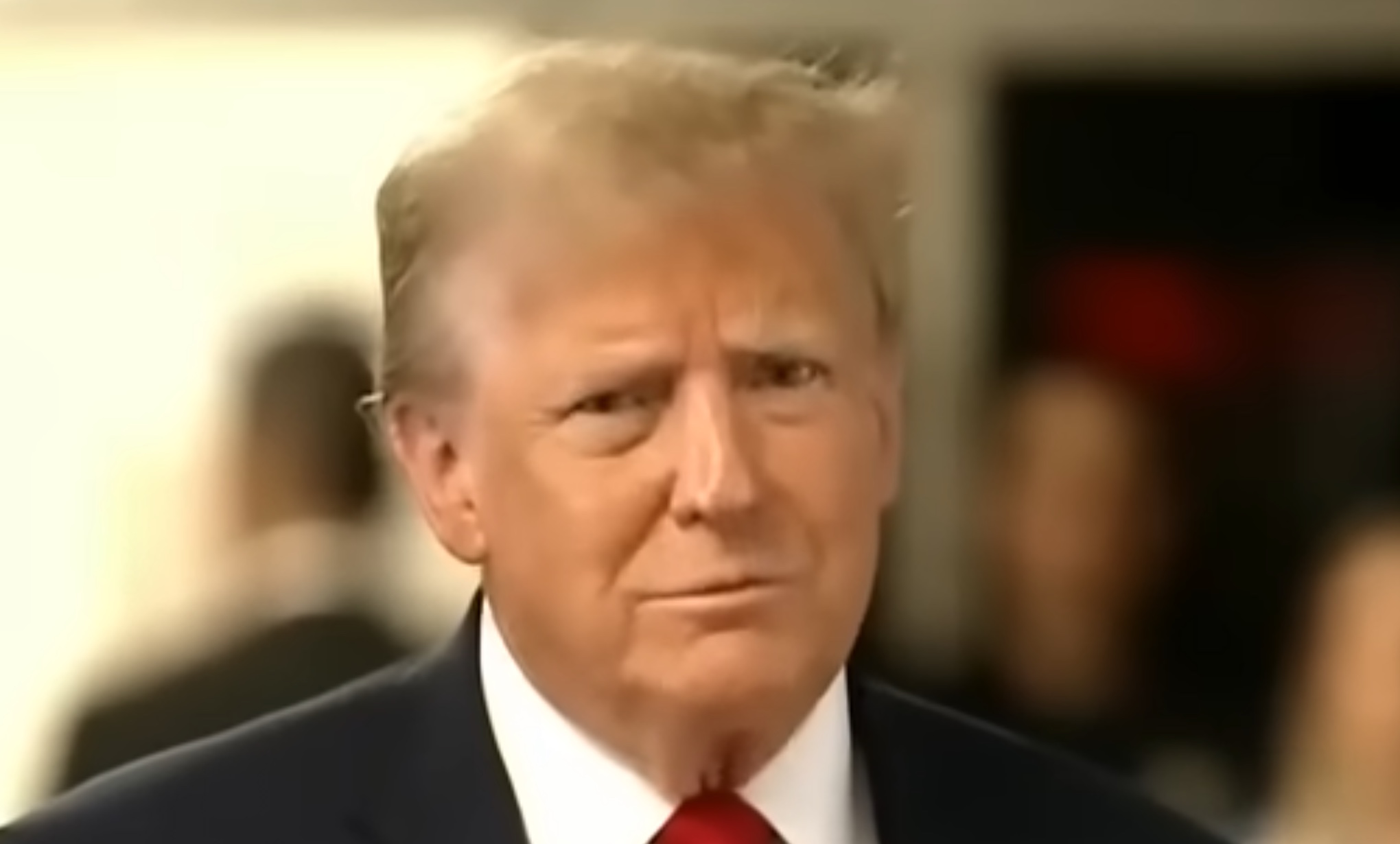
CNN
The Supreme Court delved into the issue of former President Donald Trump claiming presidential immunity on Thursday, related to his actions to challenge the outcome of the 2020 election.
Deliberated
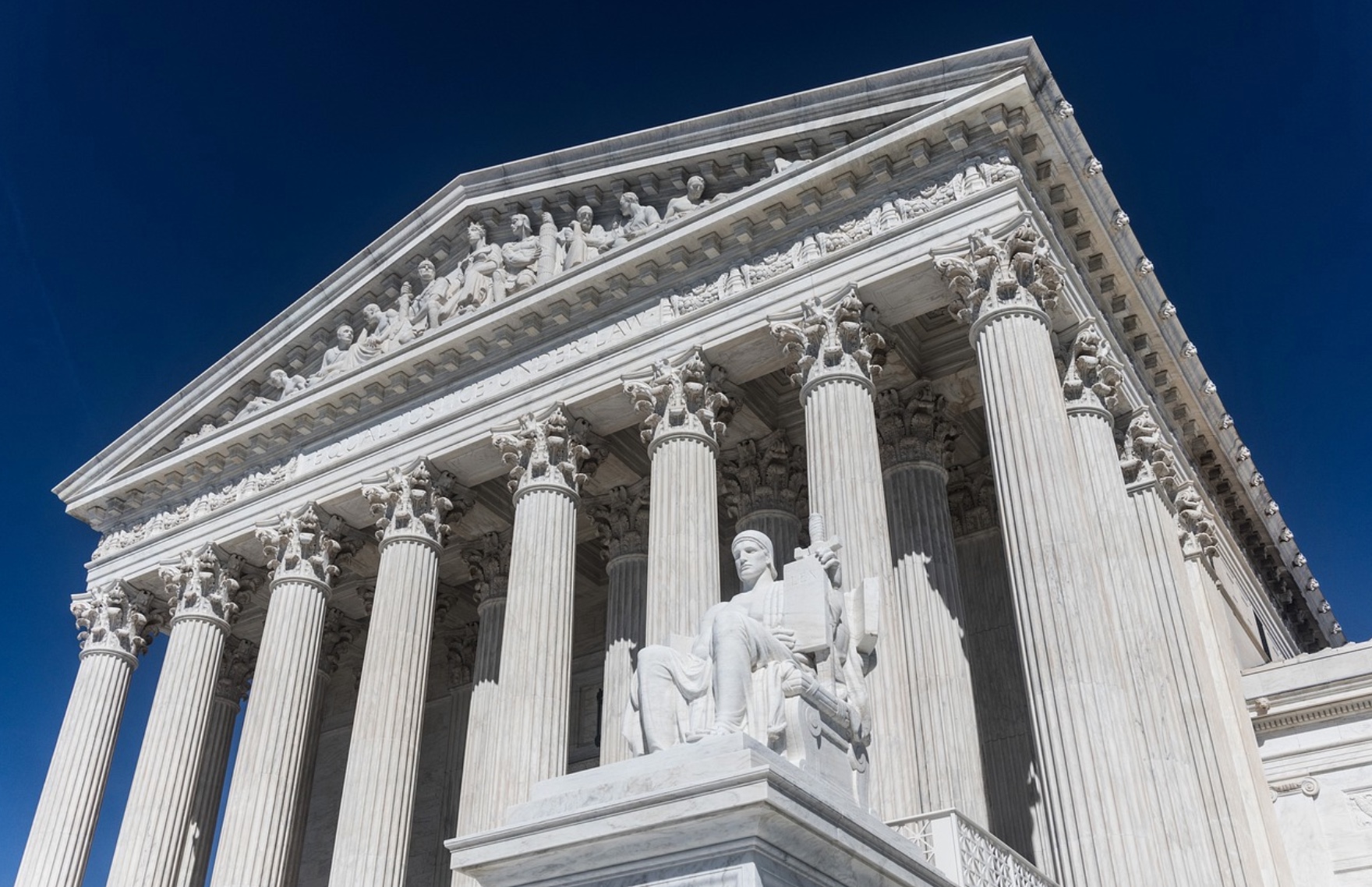
pixabay
In a session held this morning, the Court deliberated for almost three hours on the question of whether Trump had complete immunity for his actions as President, which his legal team referred to as “official acts.”
Clear split
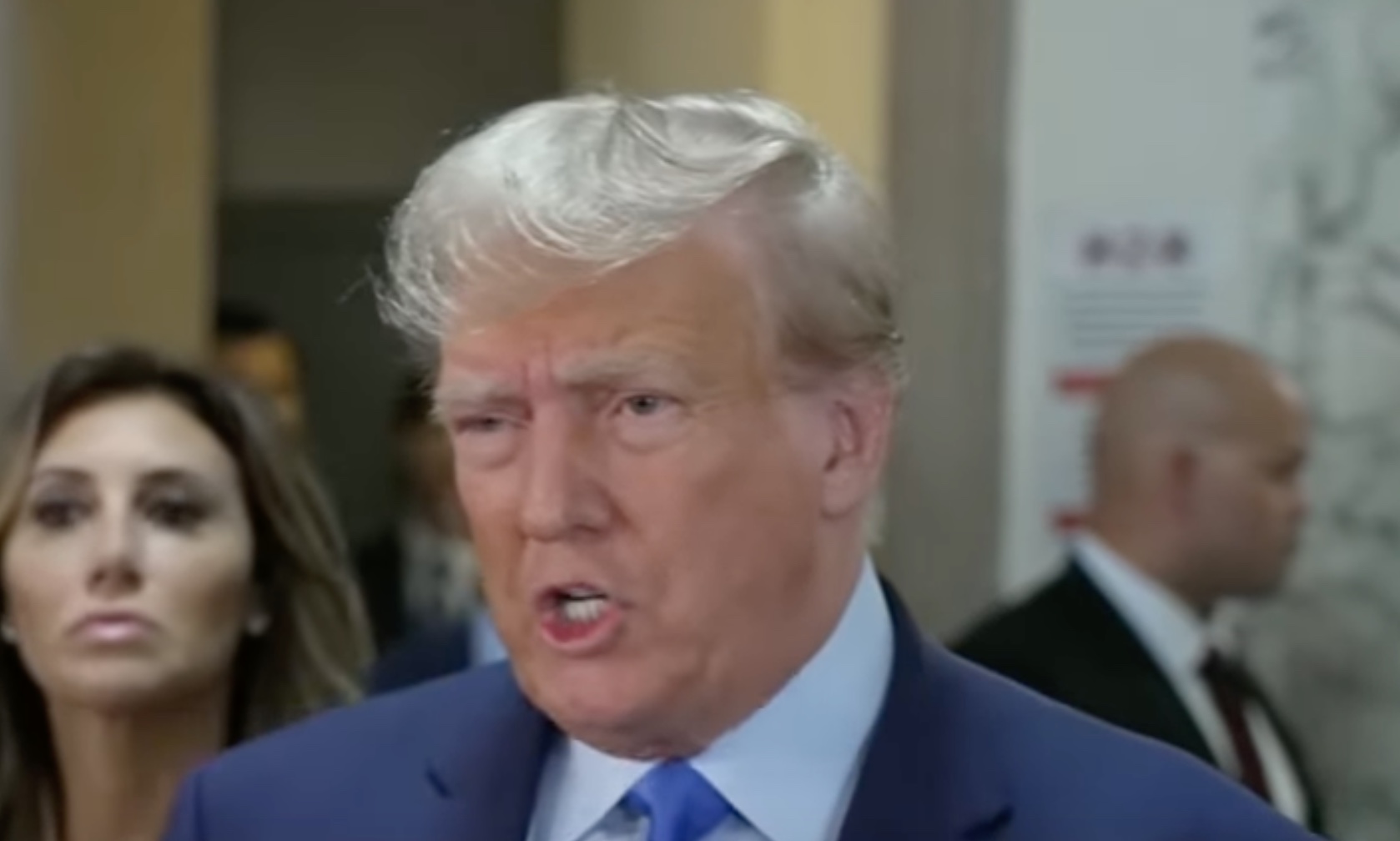
Youtube
There was a clear split among the justices based on their ideological leanings. Conservative members showed reservations about limiting presidential power too much, while liberal justices voiced worries about the consequences of a presidency that could operate without the threat of facing criminal charges.
Conservative majority
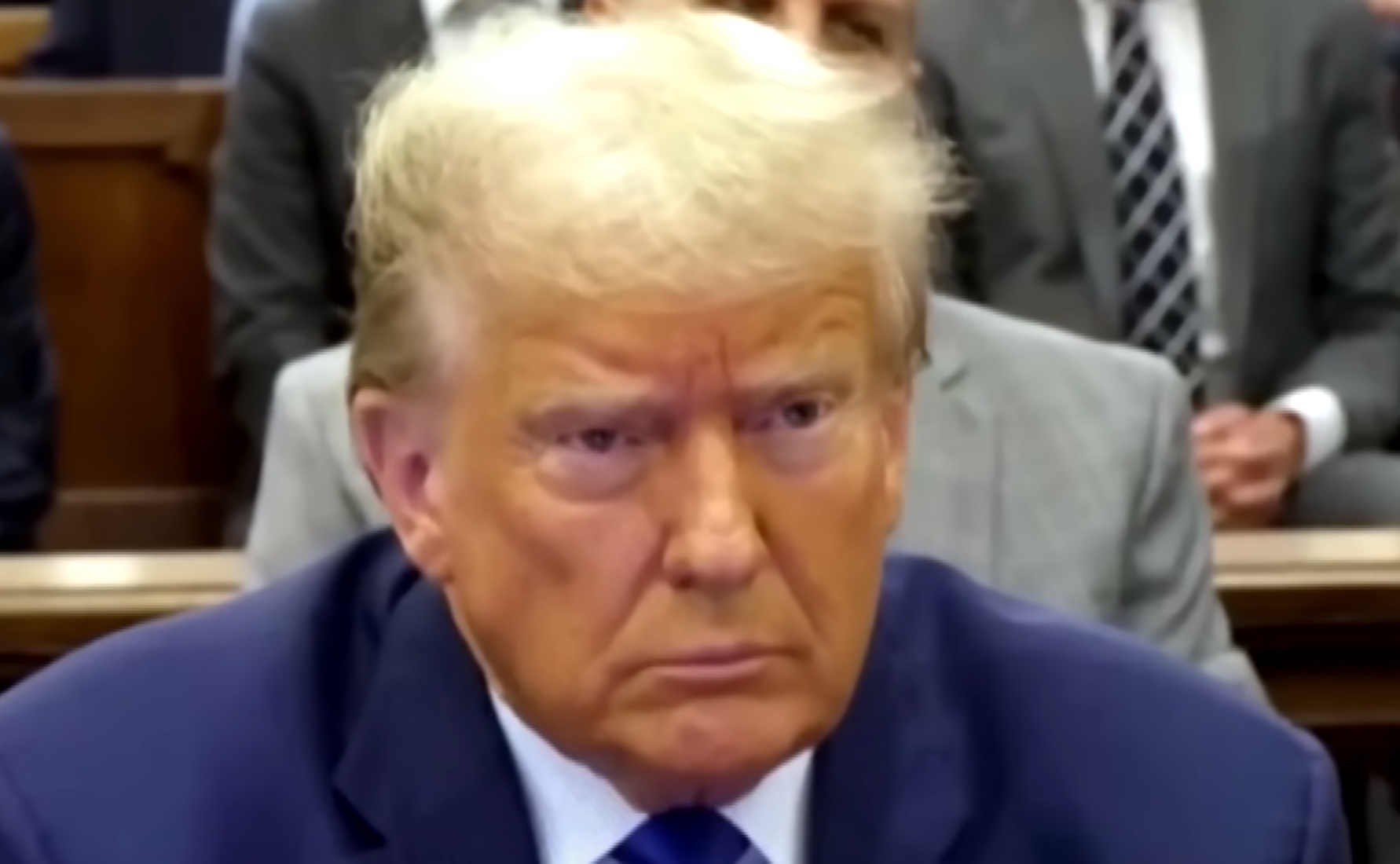
Youtube
At present, the Supreme Court has a conservative majority of 6-3, with three justices appointed by Trump.
Mike Davis
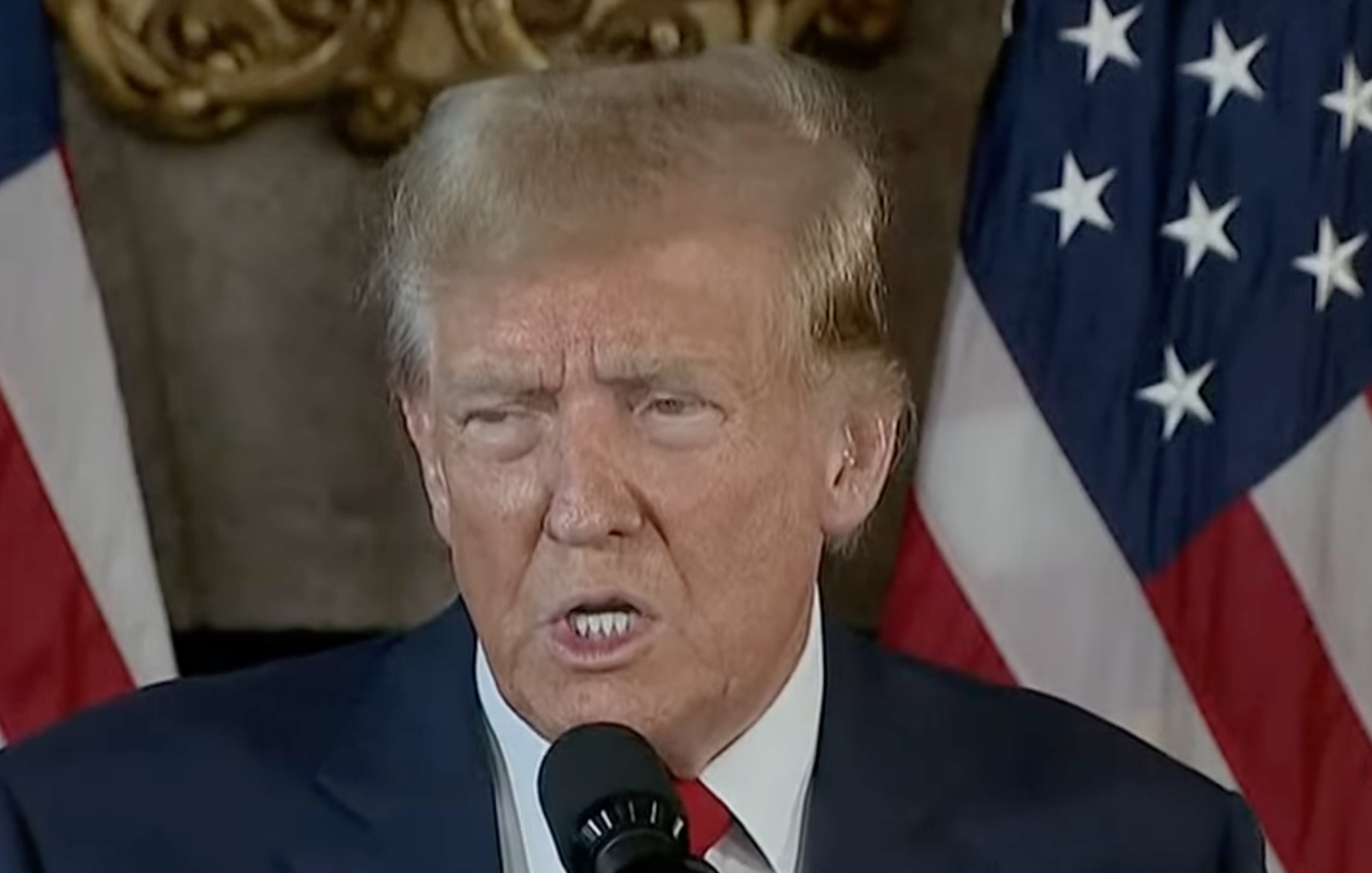
Youtube
Legal analyst Mike Davis predicts a substantial victory for Trump, anticipating that the Court will narrowly decide in favor of granting presidential immunity for official acts following the preliminary debates.
Chief Counsel
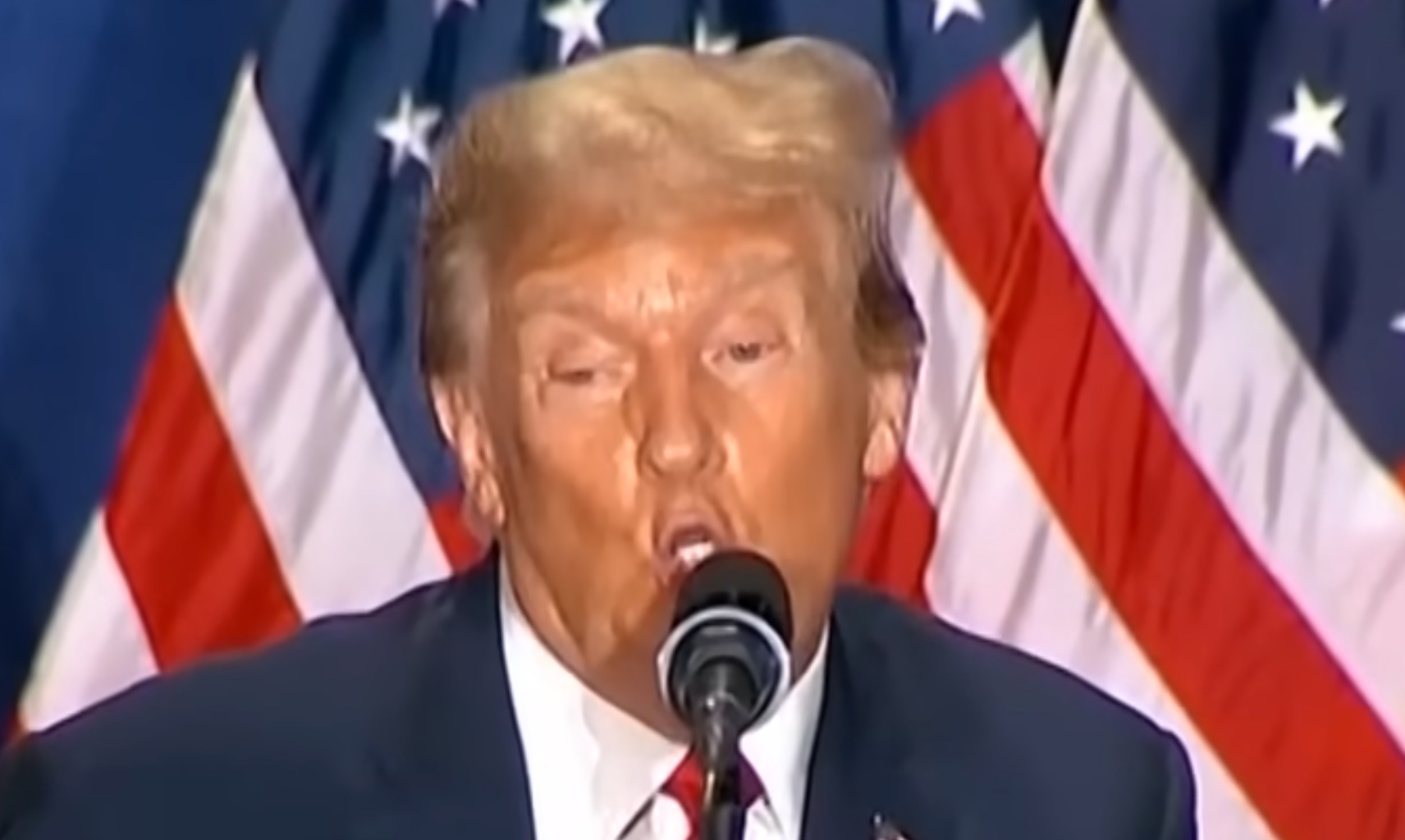
Youtube
Davis, who previously served as the Chief Counsel for Nominations at the Senate Judiciary Committee and worked as a law clerk for Justice Neil Gorsuch, forecasted a narrow 5-4 outcome.
Amy Coney Barrett
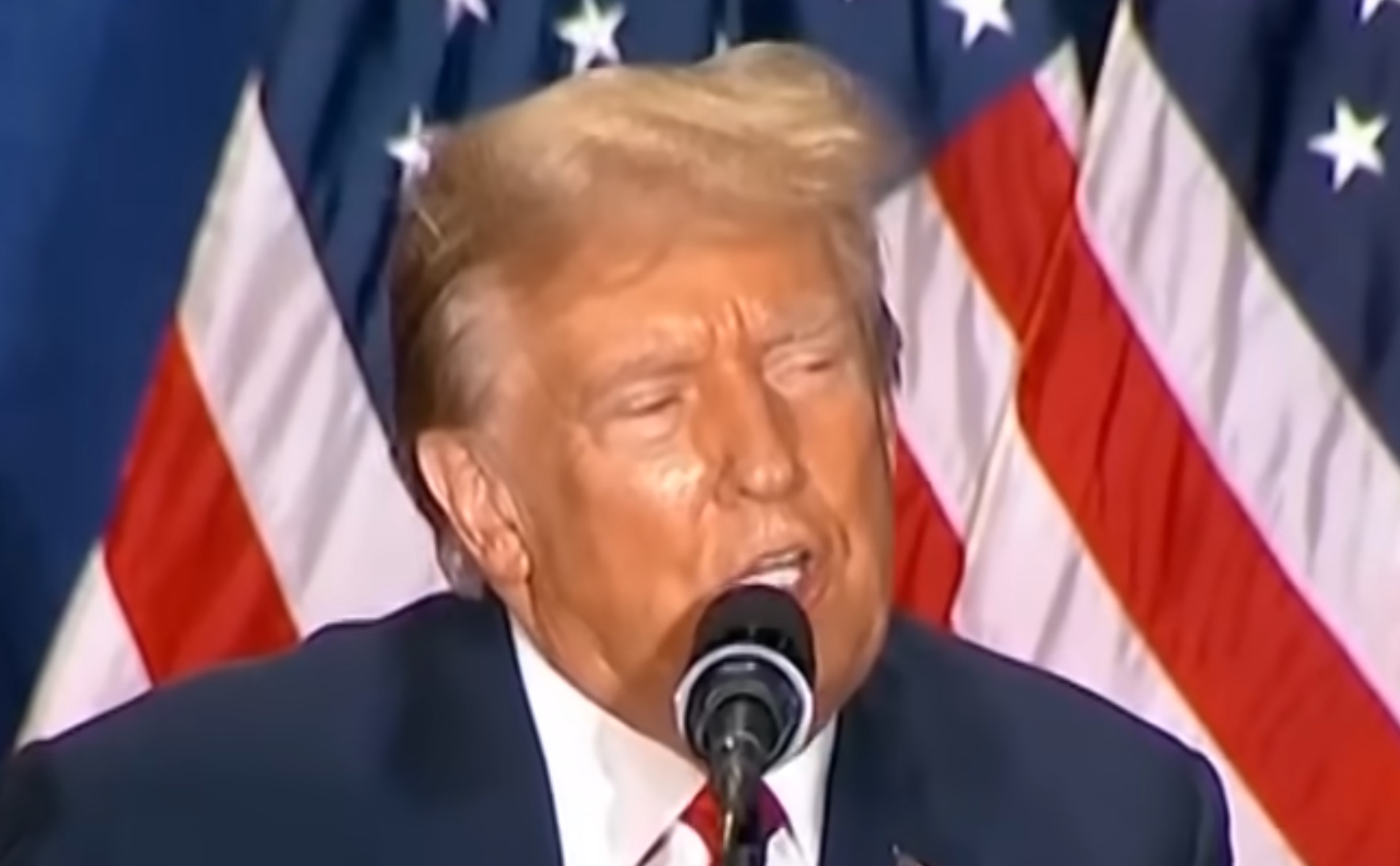
Youtube
“Likely 5-4, if Justice Amy Coney Barrett joins the 3 liberals,” wrote Davis. “Additionally or alternatively, the Court will reaffirm criminal statutes do not apply to the President, unless they are explicit.”
Election interference
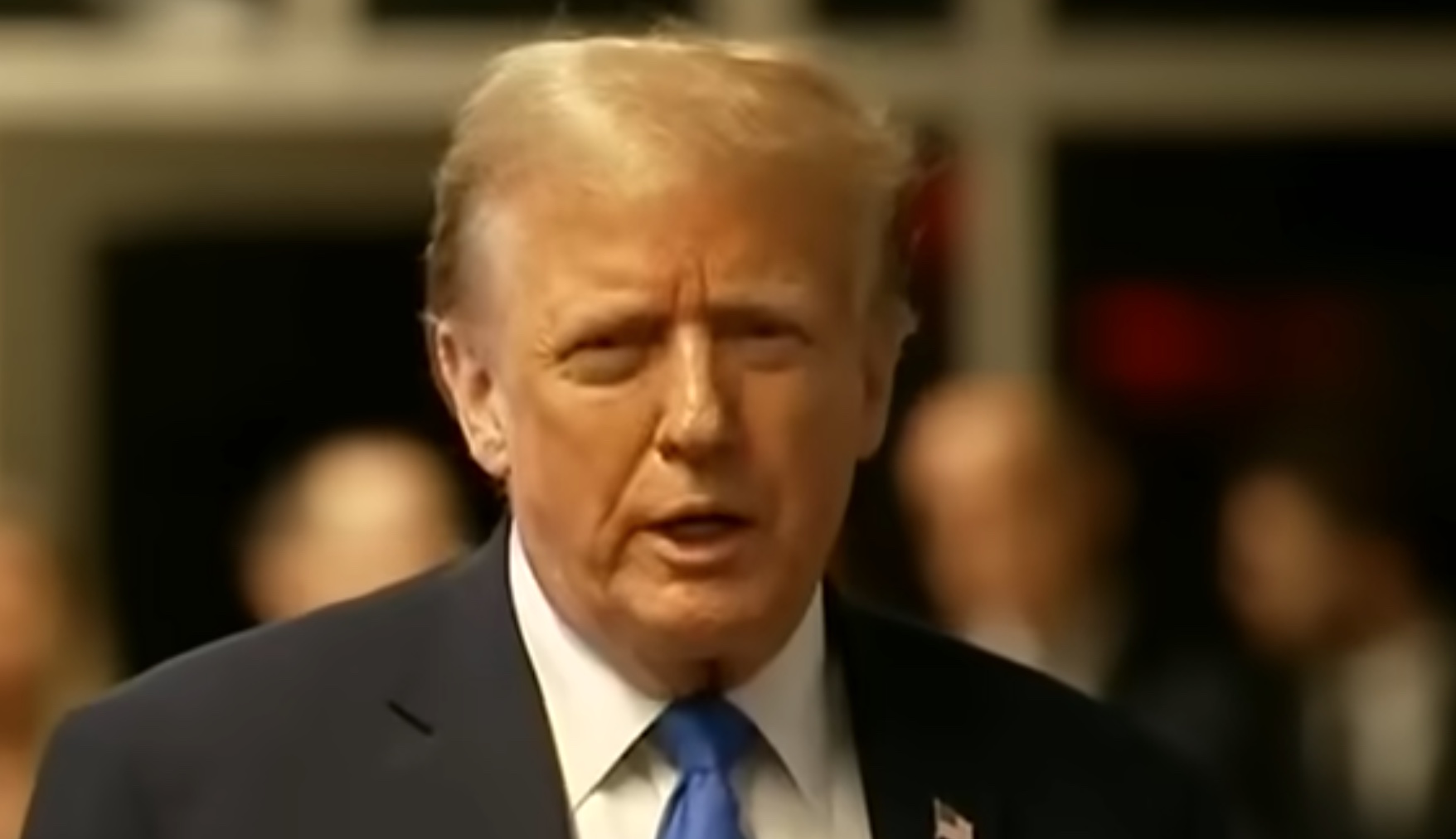
Youtube
The ruling by the Supreme Court may have implications for other notable cases concerning Trump, such as the election interference investigation led by Special Counsel Jack Smith.
New hearing
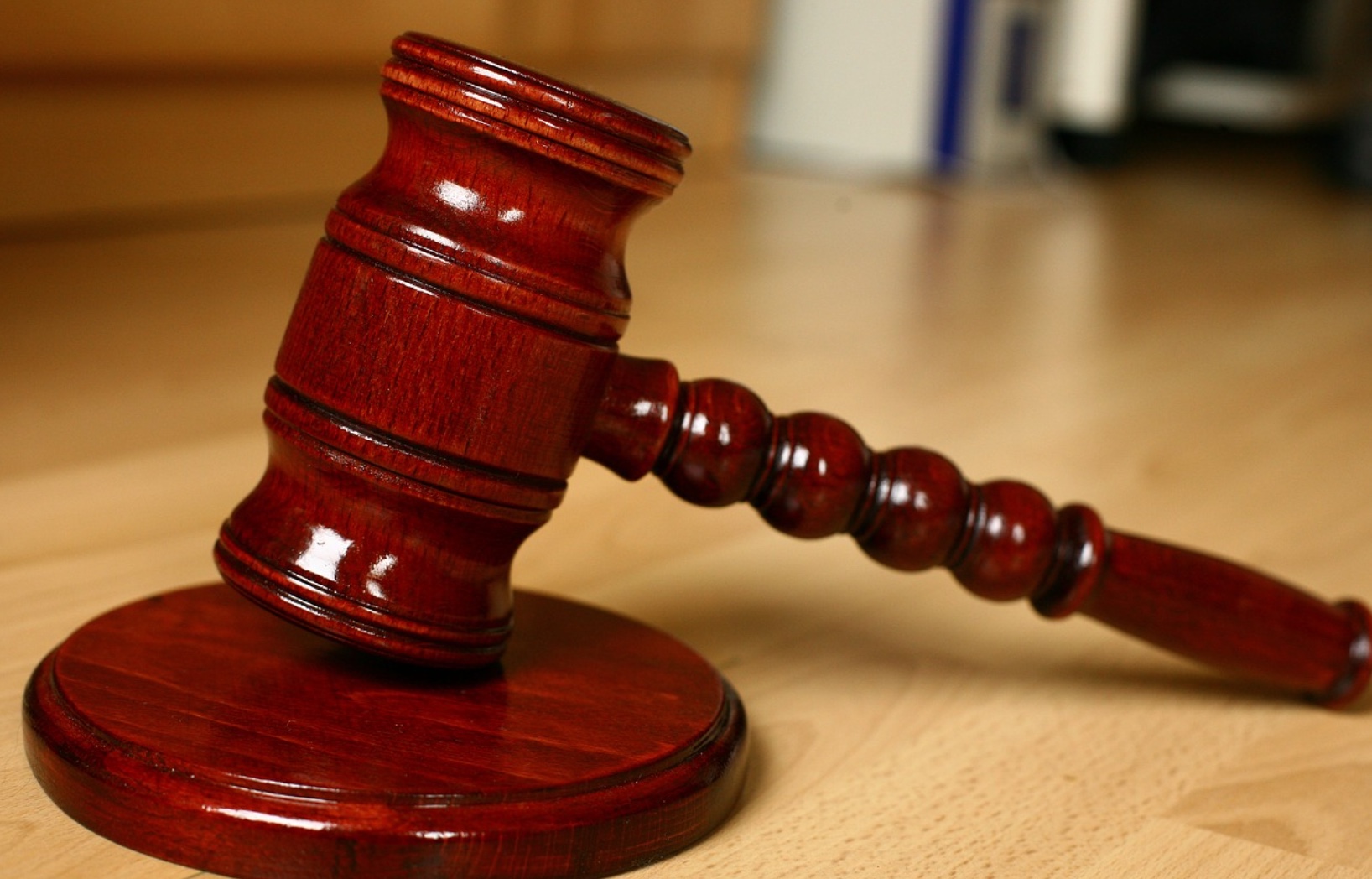
pixabay
Davis suggested that this could result in a request for a new hearing to present evidence, with the chance of additional appeals to the DC Circuit and possibly a return to the Supreme Court before the trial progresses.
January 6th
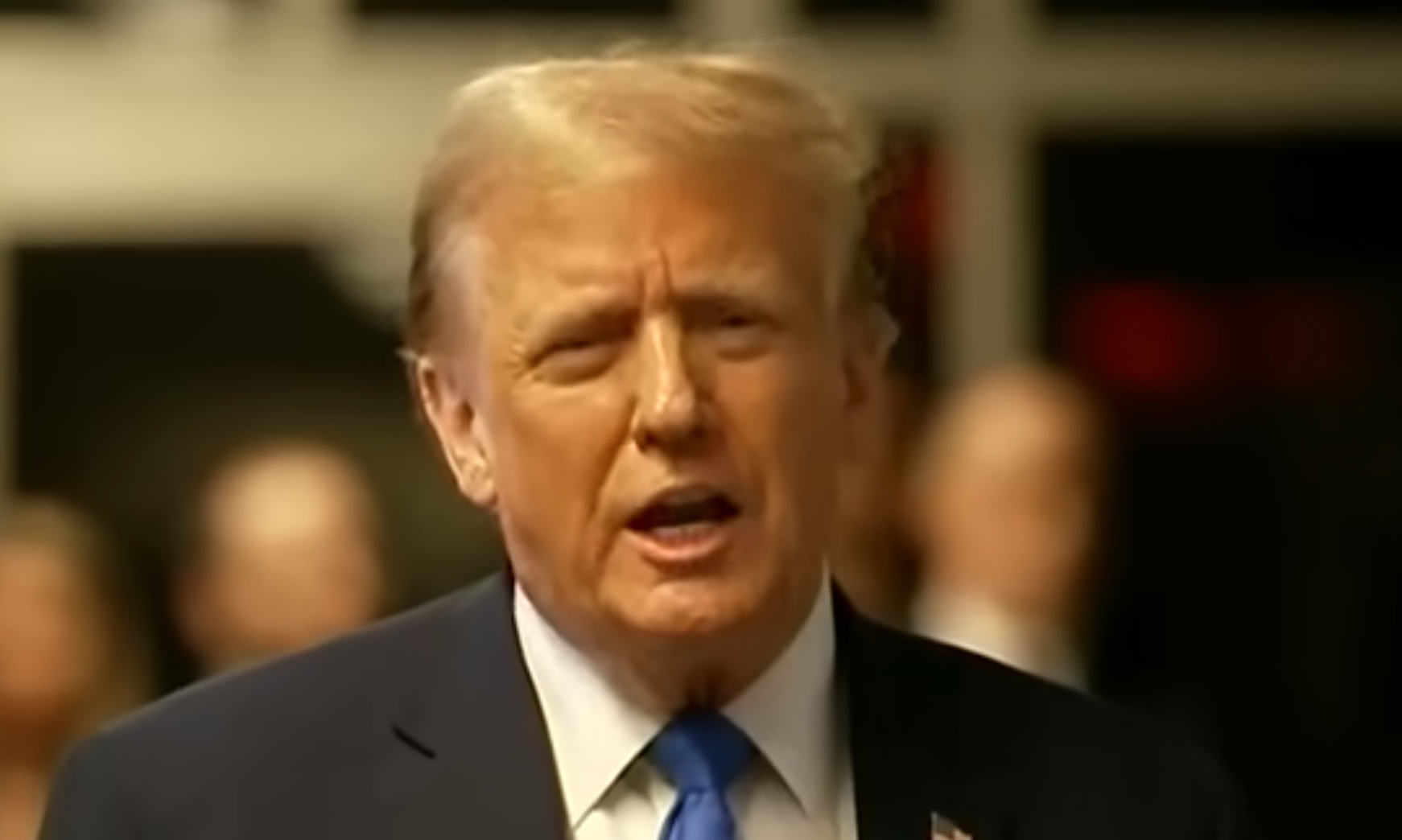
Youtube
“Only 20% of Jack Smith’s January 6th case will remain. The case will not get tried before the election.” Davis explained, “Bottom line: This will be a historic win for President Trump—and the presidency and our country.”
Advancement
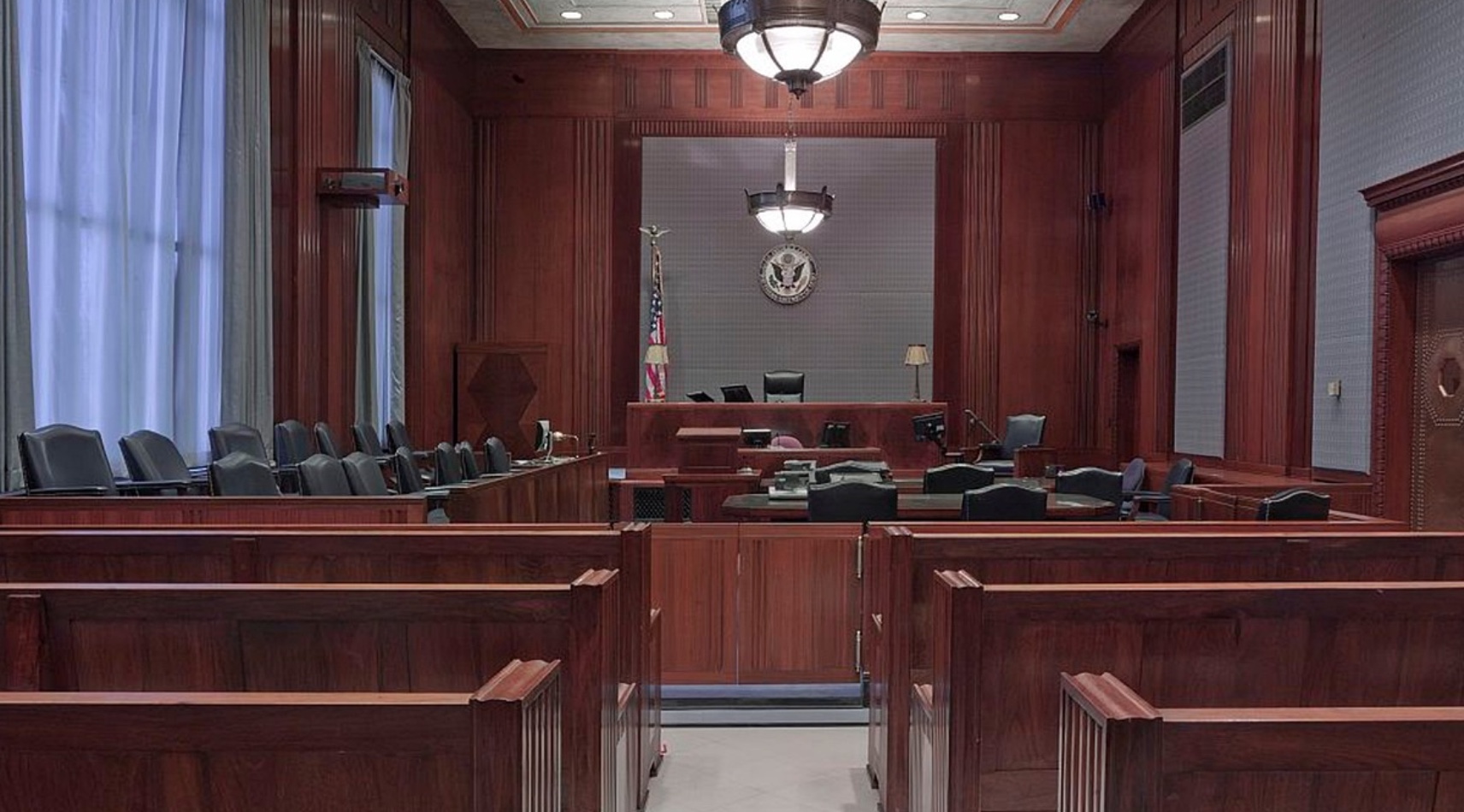
pixabay
During the proceedings on Thursday, Chief Justice John Roberts raised apprehensions regarding the U.S. Court of Appeals for the D.C. Circuit’s firm decision against Trump, which facilitated a swift advancement towards the trial.
Prosecuted
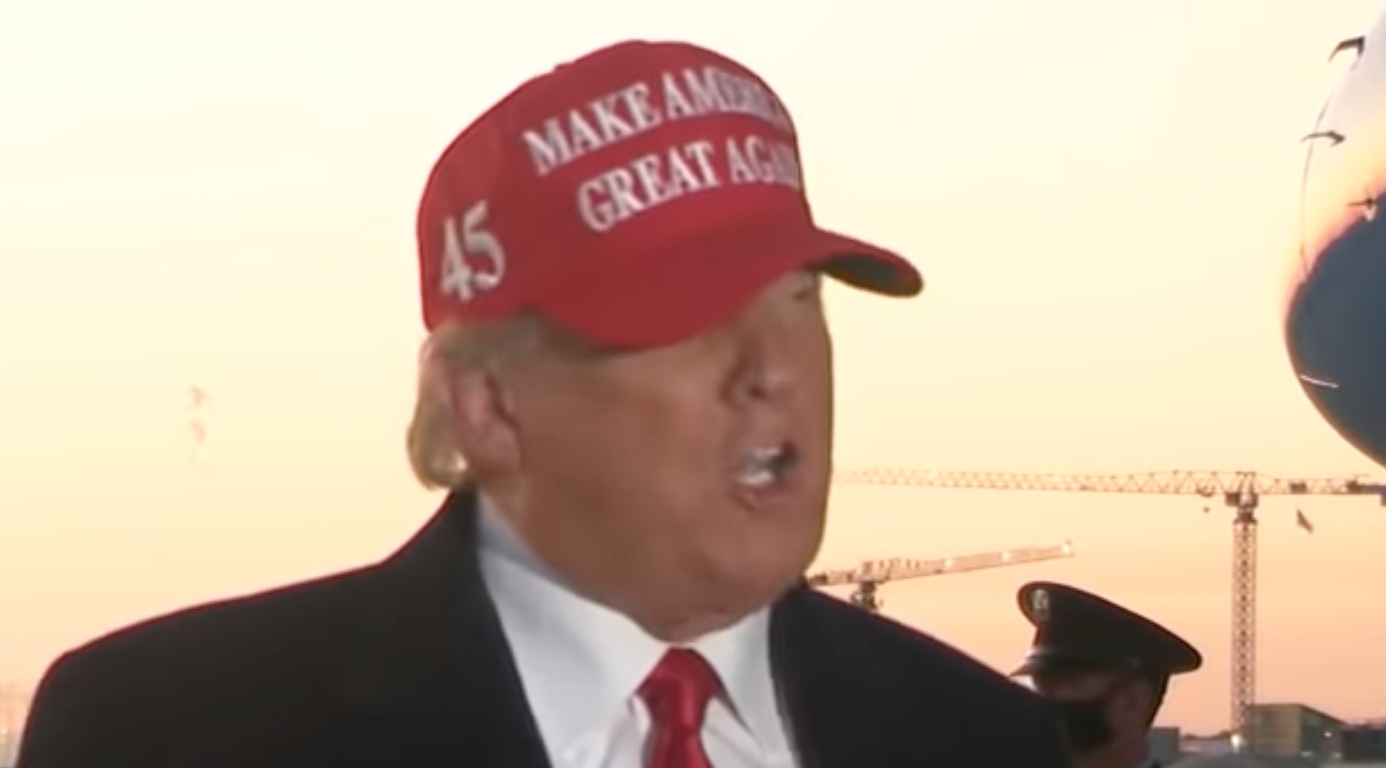
Youtube
“As I read it, it says simply a former president can be prosecuted because he’s being prosecuted,” Roberts stated.
Send it back
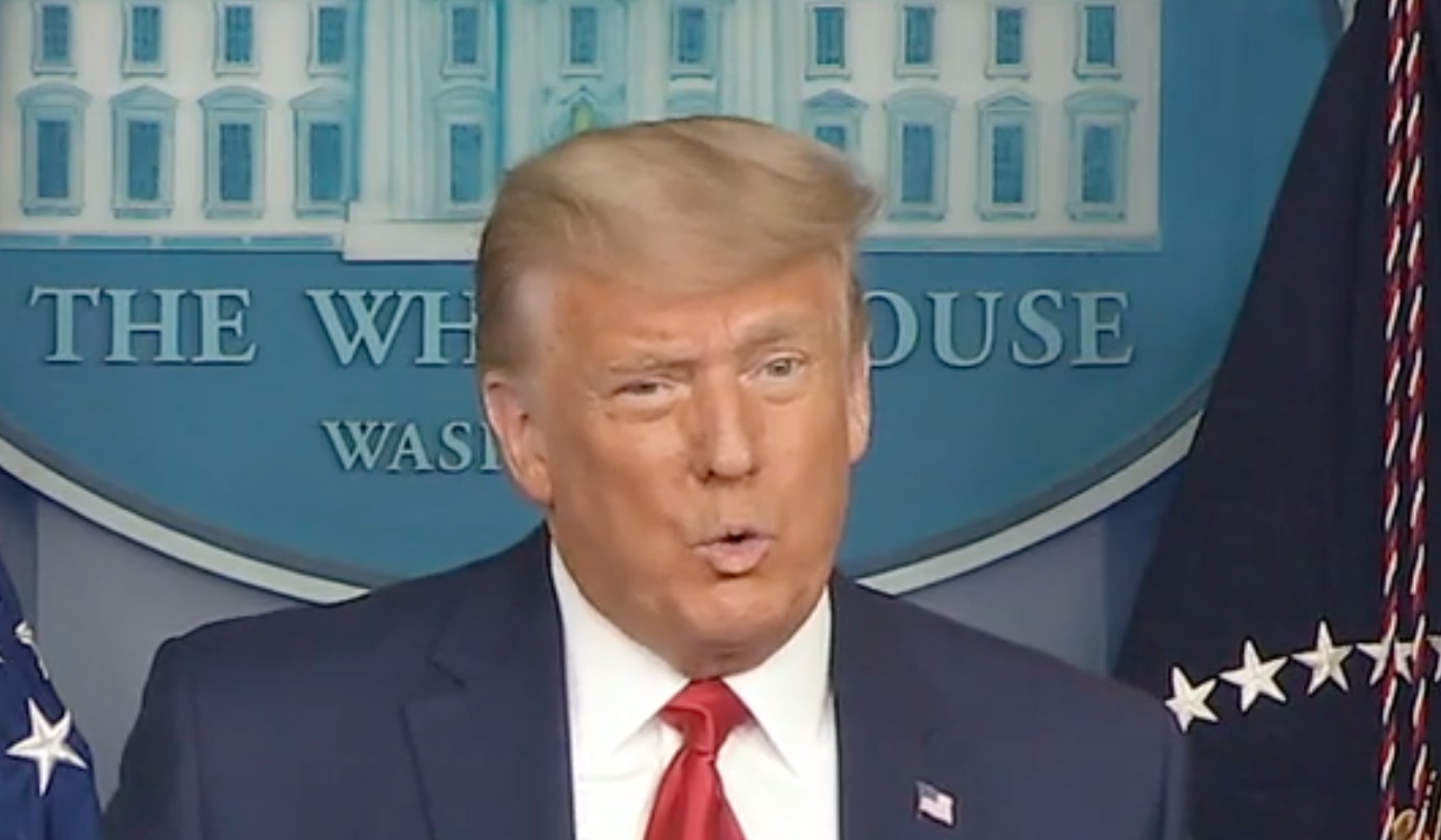
Youtube
“Why shouldn’t we either send it back to the court of appeals or issue an opinion making clear that that’s not the law?” he asked.
Prolong
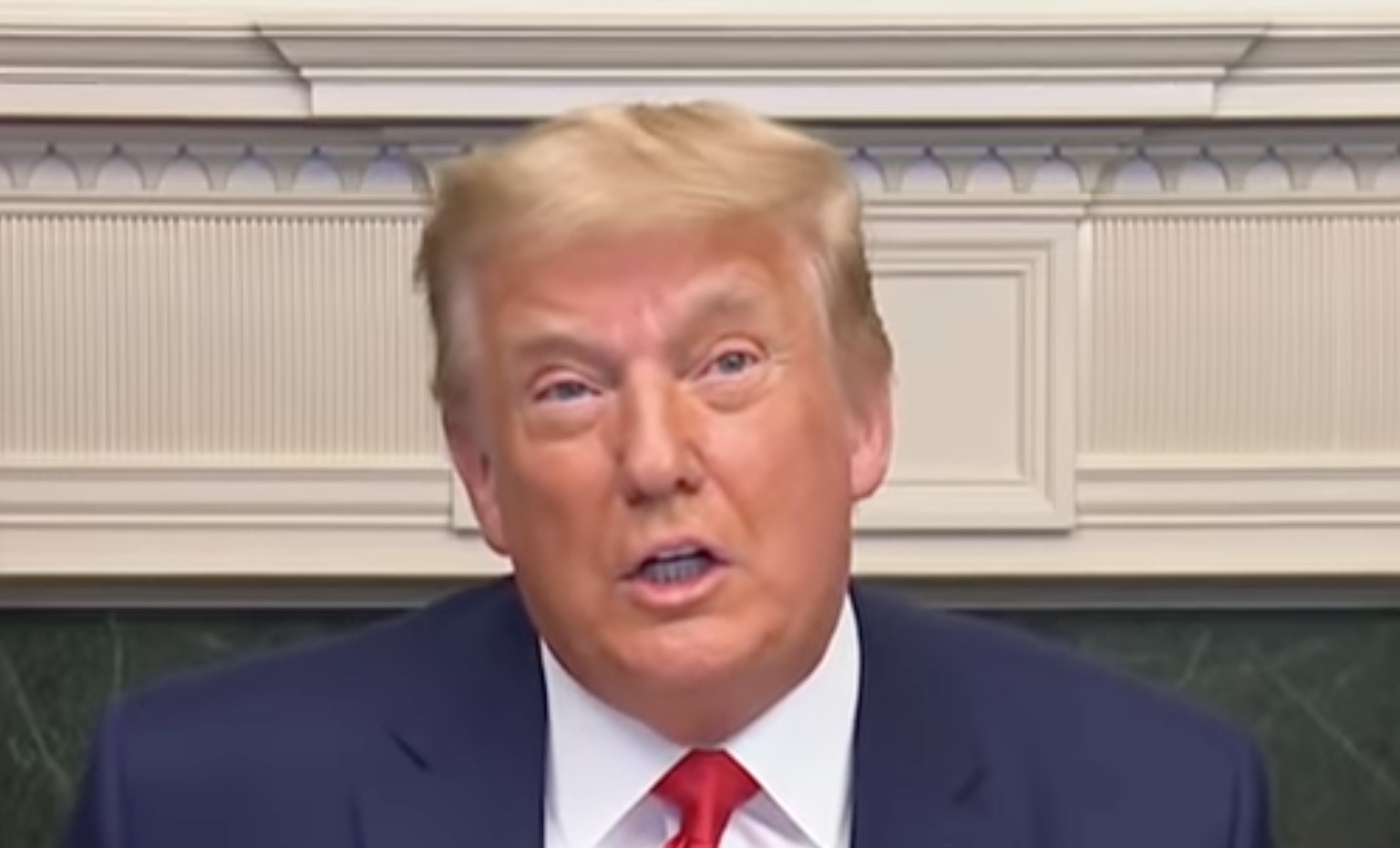
Youtube
Trump’s legal representatives hinted at the possibility of requiring additional proceedings to clarify these differences, a tactic that could considerably prolong the trial. Conversely, progressive justices cast doubt on Trump’s assertion of complete immunity, raising concerns about the prospect of placing presidents beyond the reach of the law.
Concern
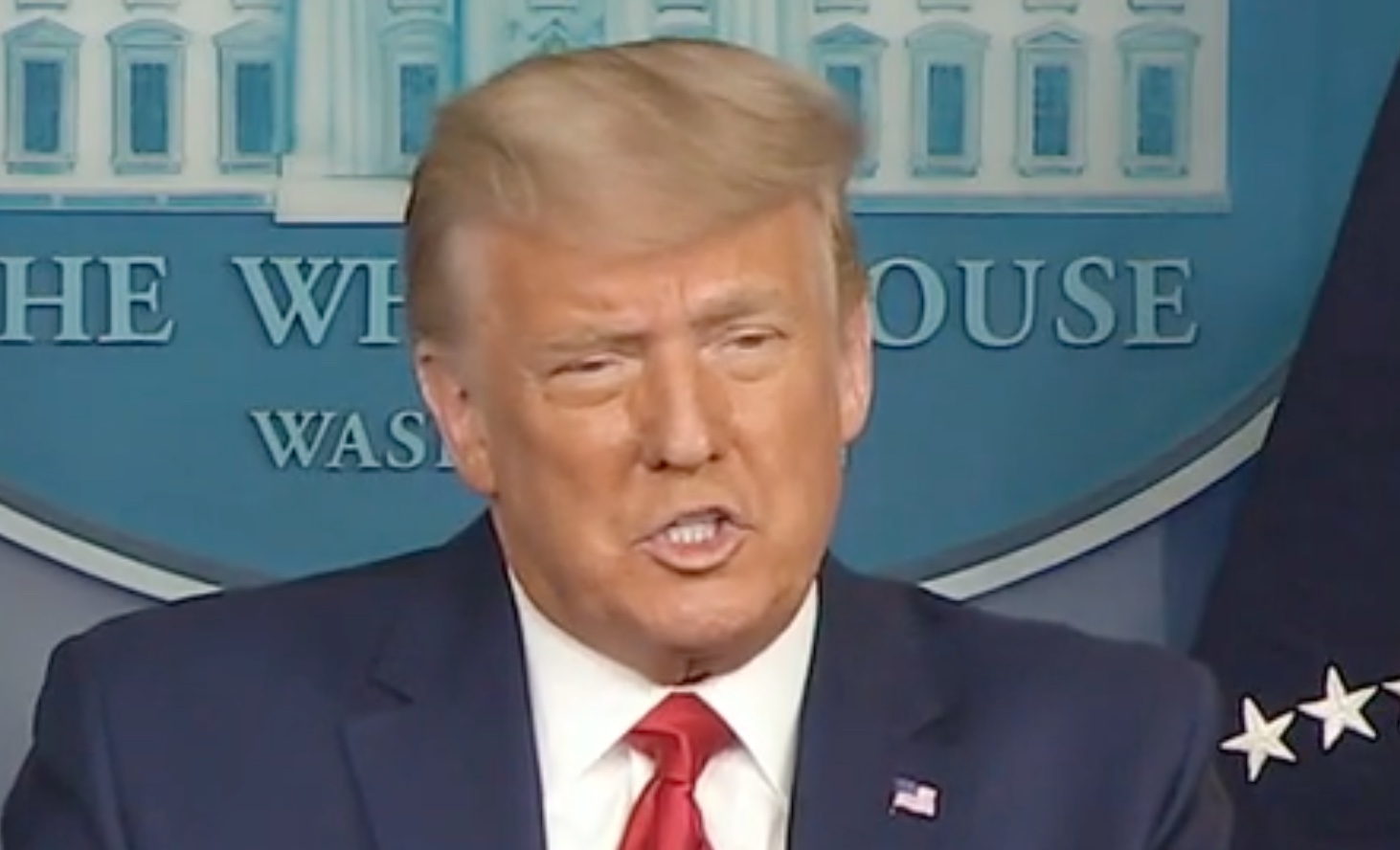
Youtube
Justice Amy Coney Barrett emphasized the need for a clear distinction between official and personal actions outlined in the indictment. “The special counsel has expressed some concern for speed,” she said.
Prosecutor
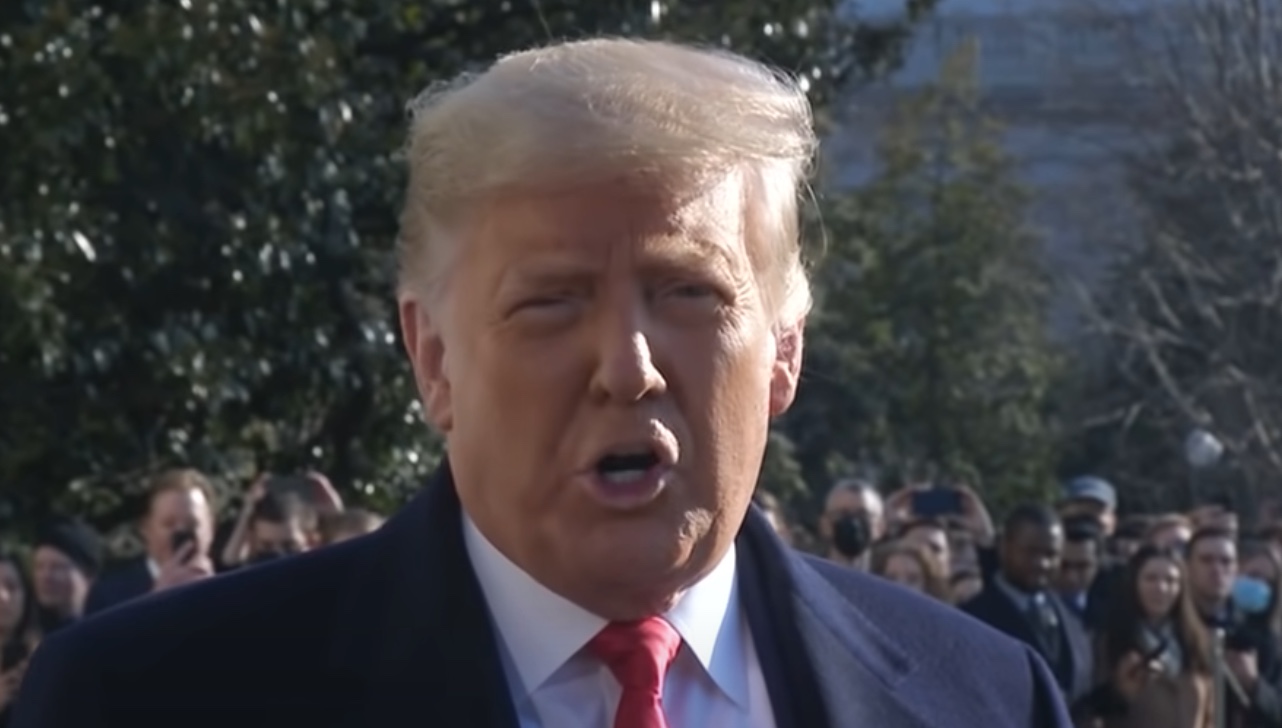
Youtube
“You know how easy it is in many cases for a prosecutor to get a grand jury to bring an indictment and reliance on the good faith of the prosecutor may not be enough in some cases,” Roberts explained.
Consequences
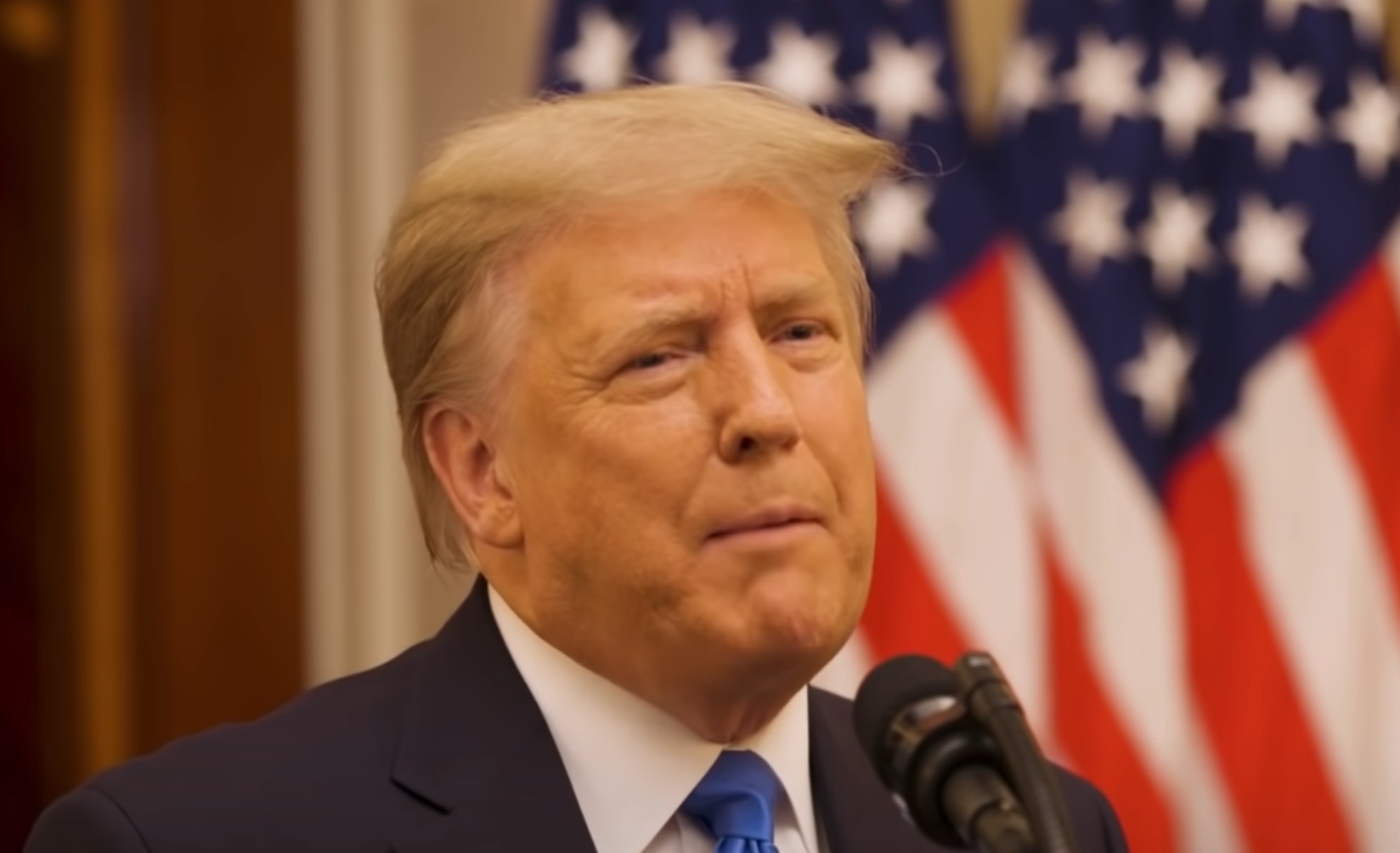
Youtube
Justice Samuel Alito pointed out the potential danger of hindering peaceful transfers of power if former presidents are apprehensive about facing legal consequences.
Unable to engage
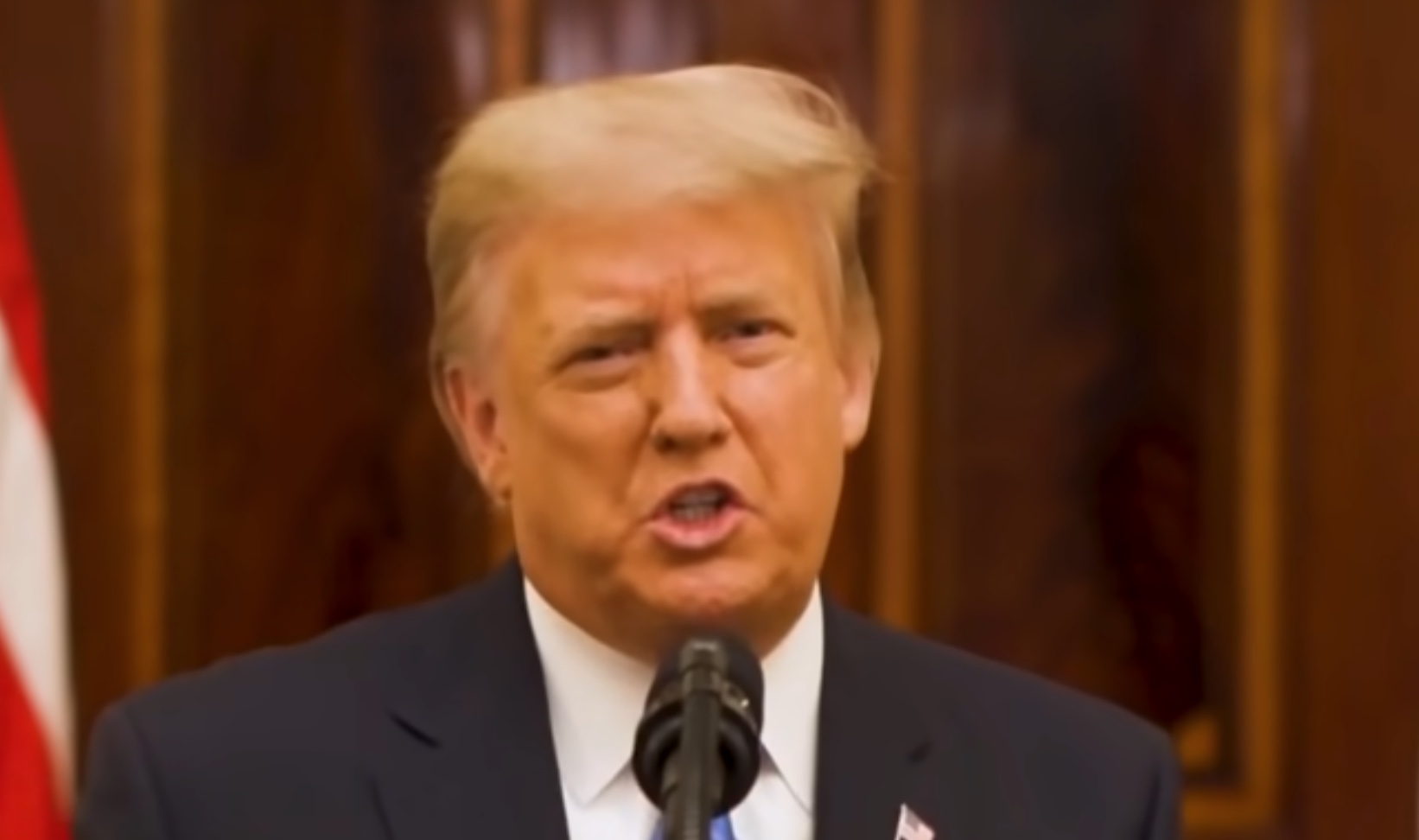
Youtube
“That may involve great expense, and it may take up a lot of time, and during the trial, the former president may be unable to engage in other activities that the former president would want to engage in,” Alito said.
Timeframe
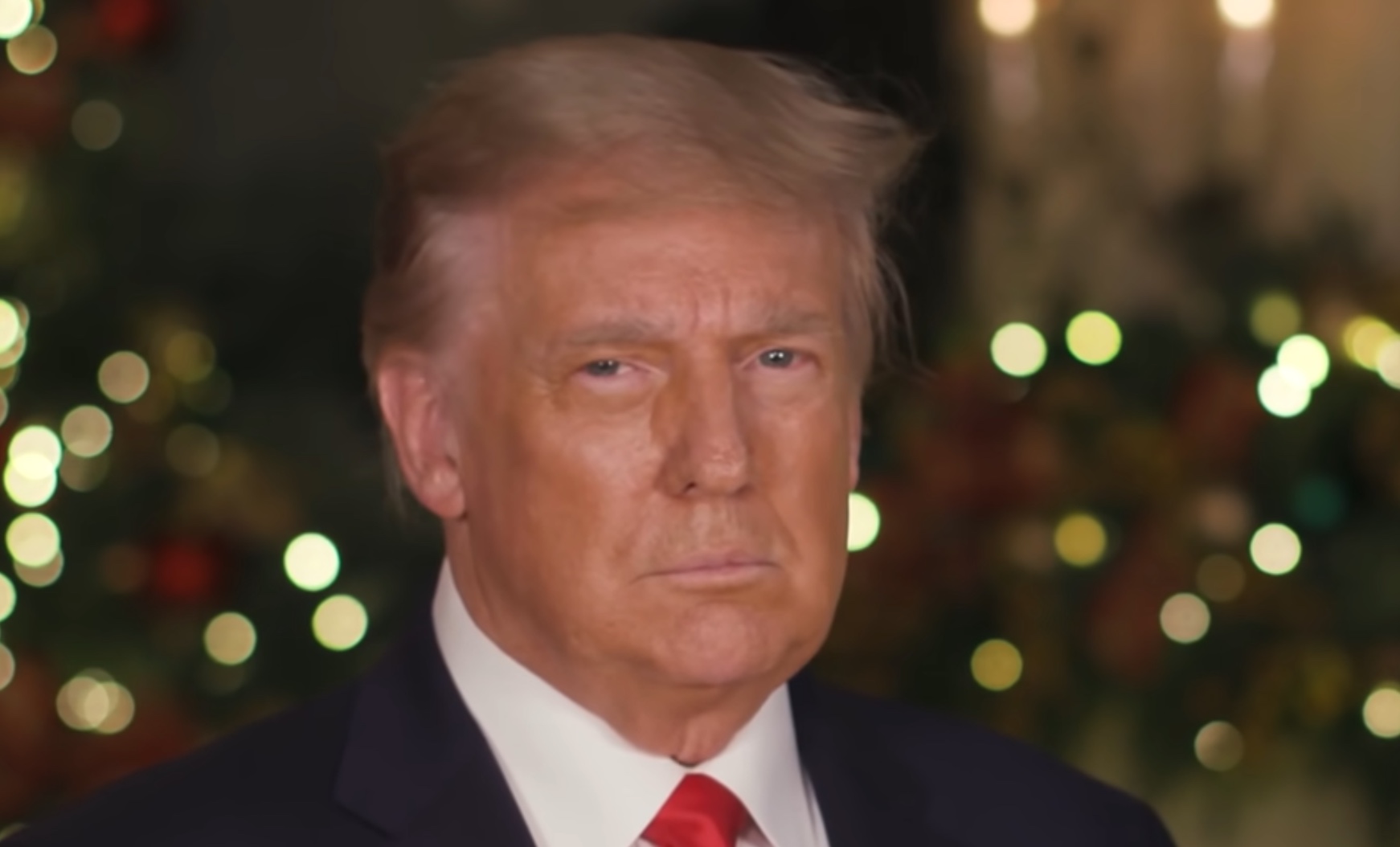
Youtube
While the court deliberates on these issues, the timeframe for reaching a decision remains unclear. Every day without a ruling aligns with Trump’s plan, putting the possibility of a trial before the election at risk.


